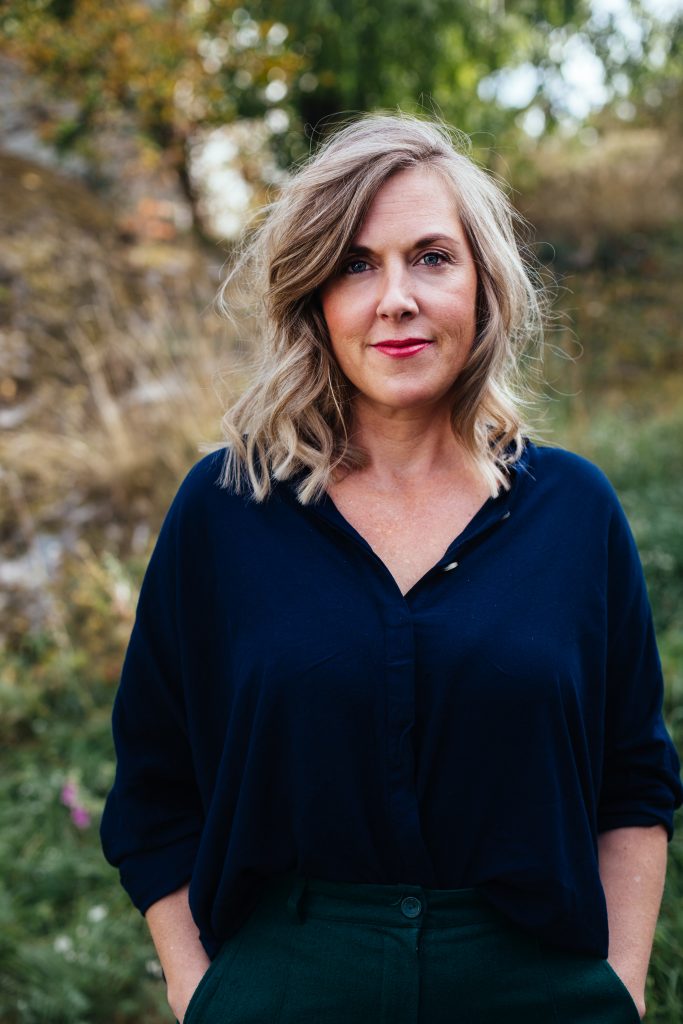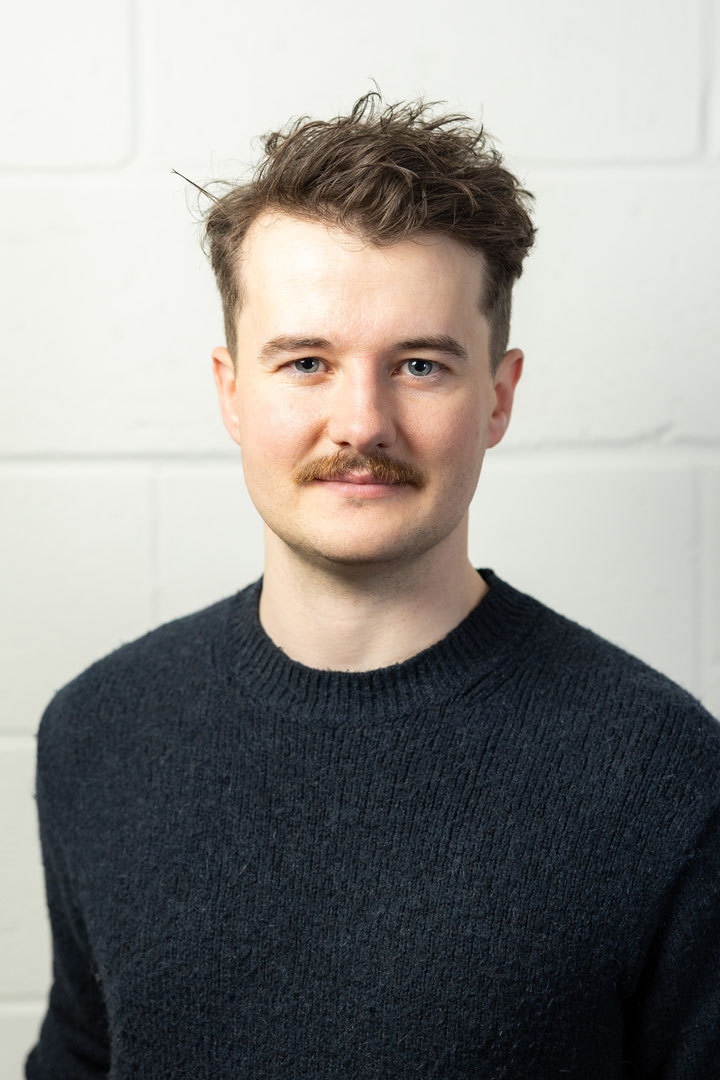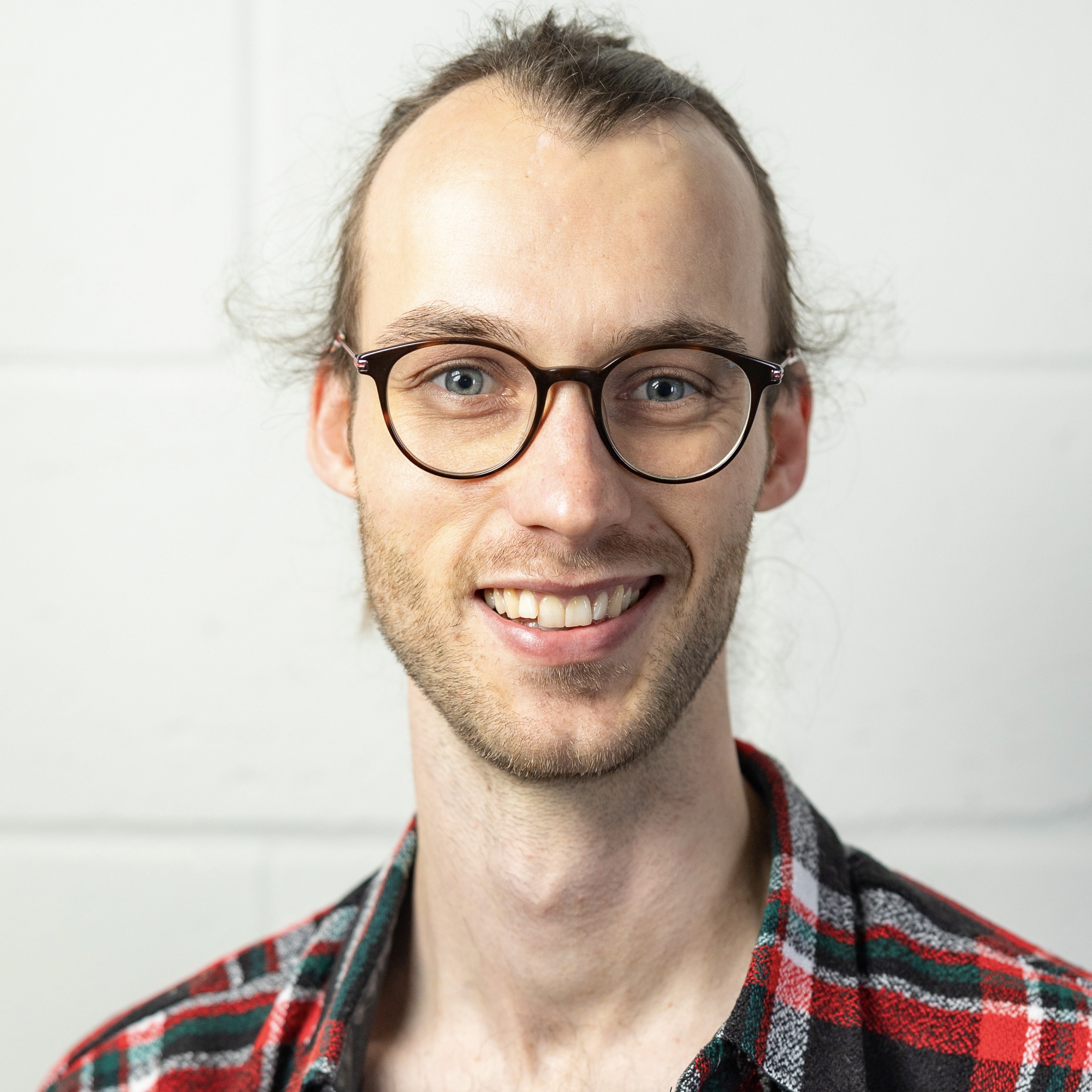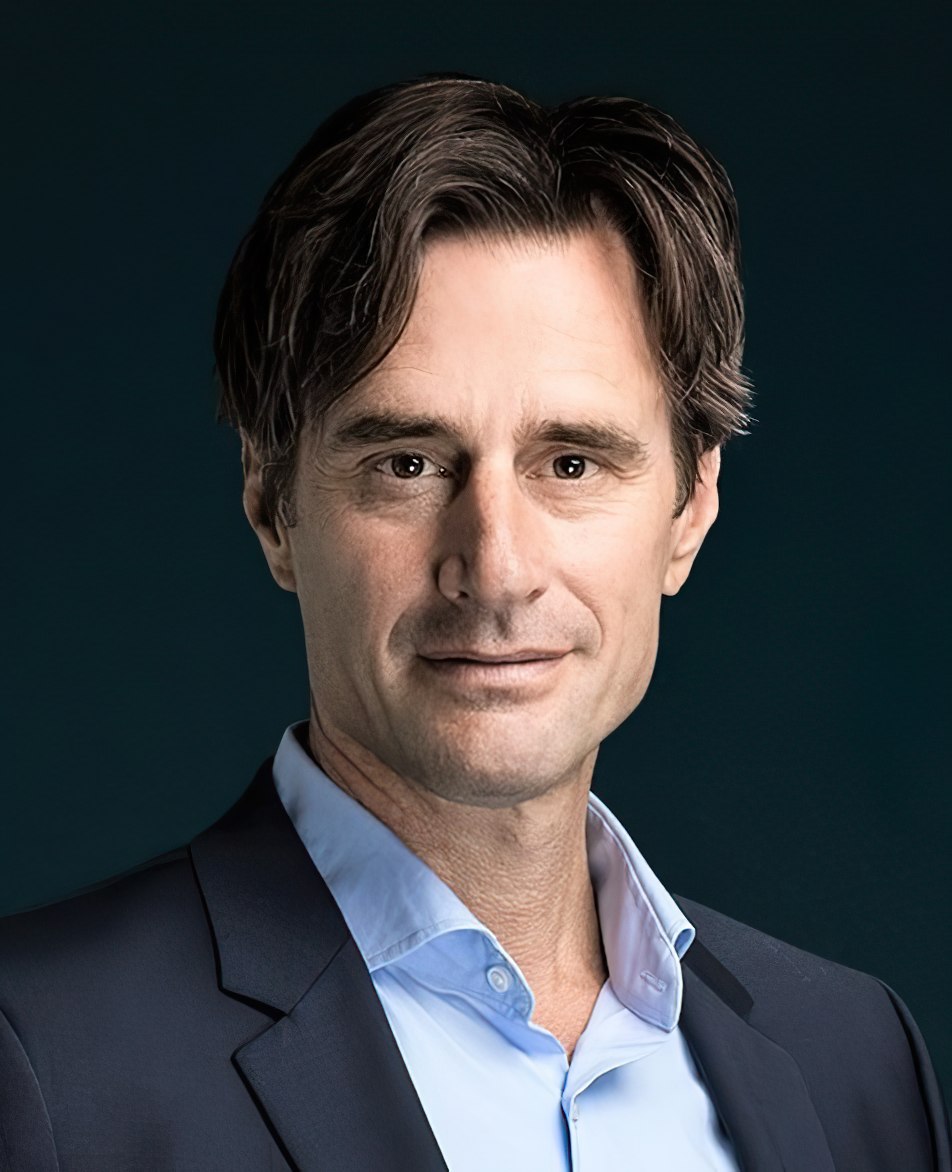Tentative Program
Keynote Speakers

Naomi Oreskes is the Henry Charles Lea Professor of the History of Science and Affiliated Professor of Earth and Planetary Sciences at Harvard University. She is an internationally renowned earth scientist, historian, and author of both scholarly and popular books and articles on the history of earth and environmental science, including most recently, Why Trust Science? (2019) and Science on a Mission: How Military Funding Shaped What We Do and Don’t Know about the Ocean (2021), which was awarded the Patrick Suppes Prize in the History of Science by the American Philosophical Society. Her opinion pieces have been published in leading media outlets around the globe, including The New York Times, The Washington Post, The Times (London), and the Frankfurter Allgemeine. In 2015, she wrote the Introduction to the Melville House edition of the Papal Encyclical on Climate Change and Inequality, Laudato Si.
Professor Oreskes is a leading voice on the reality on anthropogenic climate change and the history of efforts to undermine climate action. Her 2004 essay “The Scientific Consensus on Climate Change” (Science 306: 1686) has been widely cited, including in the Royal Society’s publication, “A Guide to Facts and Fictions about Climate Change," and in the Academy-award winning film, An Inconvenient Truth. Her 2010 book with Erik M. Conway, Merchants of Doubt, has been translated into nine languages, sold over 100,000 copies, and made into a documentary film. She is an elected fellow of the Geological Society of America, the American Geophysical Union, the American Academy for the Advancement of Sciences, the American Academy of Arts and Sciences, and the American Philosophical Society. In 2018, she became a Guggenheim Fellow, and in 2019 was awarded the British Academy Medal for “her commitment to documenting the role of corporations in distorting scientific findings for political ends.” Her new book, with Erik Conway, is The Big Myth: How American Business Taught Us to Loath Government and Love the Free Market, published by Bloomsbury Press.

Frida Berry Eklund is a Swedish climate communications specialist, author, and public speaker with close to 20 years of experience in climate advocacy. She is the co-founder of the citizen platform Klimatkollen—a proud recipient of Google.org Tech for Social Good—and the global parent-led movement Our Kids’ Climate. Frida is one of Sweden’s EU Climate Pact Ambassadors and her acclaimed book Talk to Children About Climate (Natur & Kultur, 2020) has helped shape the conversation on how to support children in the climate crisis. Frida’s work focuses on impactful climate communication and mobilizing citizens for systemic change—through building AI för climate transparency. Frida has worked internationally with organizations such as Oxfam and the Global Campaign for Climate Action and has been recognized as one of Sweden’s most influential voices in sustainability.


Harrison Pim is a senior data scientist with a background in computational physics and museums/libraries. At Climate Policy Radar, his work covers machine learning, information retrieval, and knowledge graphs.
Anne Sietsma is a policy officer at Climate Policy Radar focussed on climate justice. He completed a PhD and postdoc on AI applications to track progress in climate change adaptation. His work centres around interdisciplinary approaches and NLP methods for policy analysis.

Markus Leippold is Chair in Financial Engineering at the University of Zurich and a Senior Chair at the Swiss Finance Institute, while also serving as a part-time Research Scientist at Google DeepMind and Associated Research Fellow at the University of Oxford. He holds a Ph.D. in Economics and Finance from the University of St. Gallen and has published research in journals including the Journal of Financial Economics, Review of Financial Studies, Annals of Statistics, and Management Science, with his work in asset pricing and risk management receiving awards from organizations such as GRASFI, EFMA, INQUIRE Europe, the German Finance Association, and RISK Magazine. His recent research focuses on the intersection of artificial intelligence, natural language processing, and climate finance, developing tools like climateBERT (a climate-focused language model), chatClimate (a conversational AI platform), and Climinator (an automated fact-checking system), with publications at conferences including ACL, EMNLP, and ICML. Since 2024, he co-organizes the "NLP meets Climate" workshop at ACL, and in 2025, he co-founded the Sustainable and Resilient Economy AI Lab "sureal.ai" at the University of Zurich.
Program
| 9:00 am | Opening Remarks |
| 9:05 am | Session 1 |
| 9:05 am | Keynote Speech 1: Frida Berry Eklund |
| 9:30 am | Oral Presentation 1 |
| 9:30 am | Oral Paper 1: Judging It, Washing It: Scoring and Greenwashing Corporate Climate Disclosures using Large Language Models |
| 9:45 am | Oral Paper 2: Applying the Character-Role Narrative Framework with LLMs to Investigate Environmental Narratives in Scientific Editorials and Tweets |
| 10:00 am | Poster Session 1 |
| 10:45 am | Coffee Break |
| 11:00 am | Session 2 |
| 11:00 am | Session 2 Introduction |
| 11:05 am | Keynote Speech 2: Harrison Pim & Anne Sietsma |
| 11:30 am | Panel Discussion 1 - ClimateNLP in practice: Frida Berry Eklund, Harrison Pim |
| 12:00 pm | Lunch Break |
| 1:30 pm | Session 3 |
| 1:30 pm | Session 3 Introduction |
| 1:35 pm | Keynote Speech 3: Markus Leippold |
| 2:00 pm | Oral Presentation 2 |
| 2:00 pm | Oral Paper 3: Biodiversity ambition analysis with Large Language Models |
| 2:15 pm | Oral Paper 4: Transforming adaptation tracking: benchmarking Transformer-based NLP approaches to retrieve adaptation-relevant information from climate policy text |
| 2:30 pm | Question-Guided Open Discussion: Needs of ClimateNLP |
| 3:00 pm | Poster Session 2 |
| 3:45 pm | Coffee Break |
| 4:00 pm | Session 4 |
| 4:00 pm | Session 4 Introduction |
| 4:05 pm | Keynote Speech 4: Naomi Oreskes |
| 4:30 pm | Panel Discussion 2 - Future of Research in ClimateNLP with Markus Leippold, Christopher D. Manning, Peter Henderson |
| 5:15 pm | Closing Remarks by Markus Leippold |
| 5:45 pm | THE END |